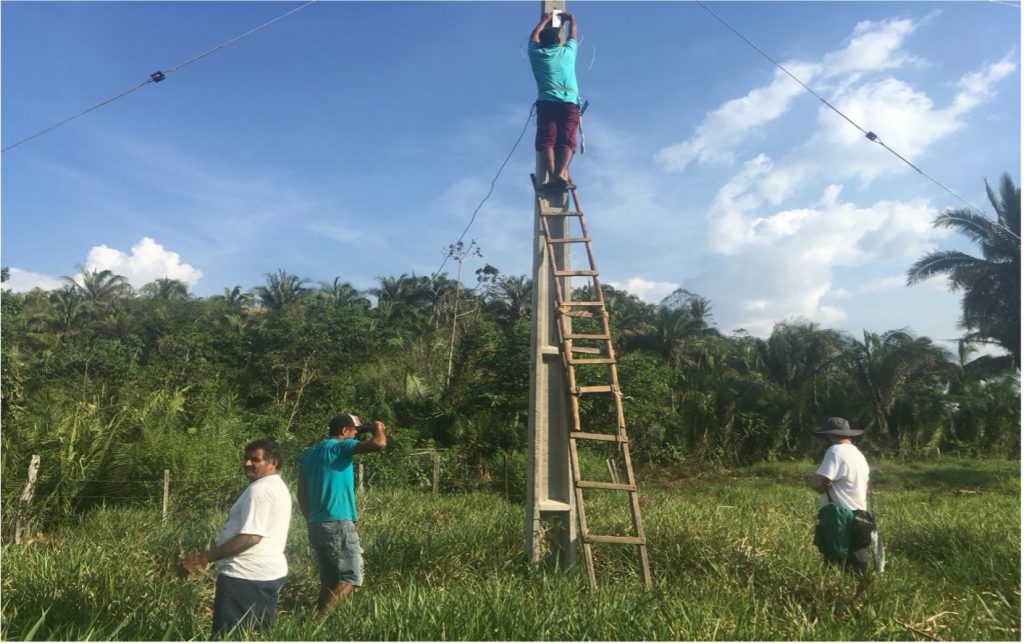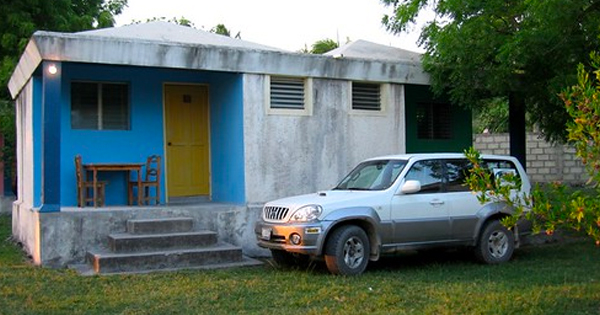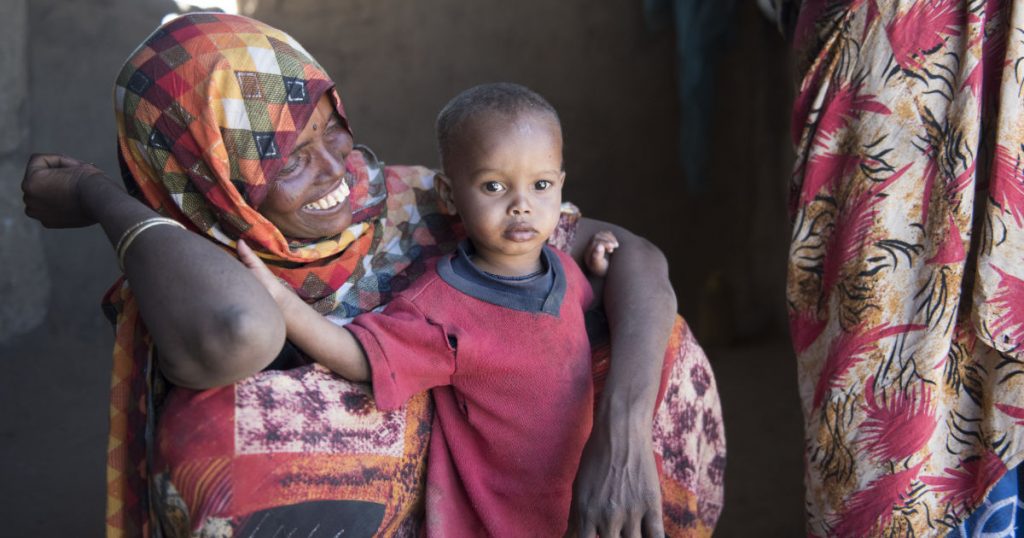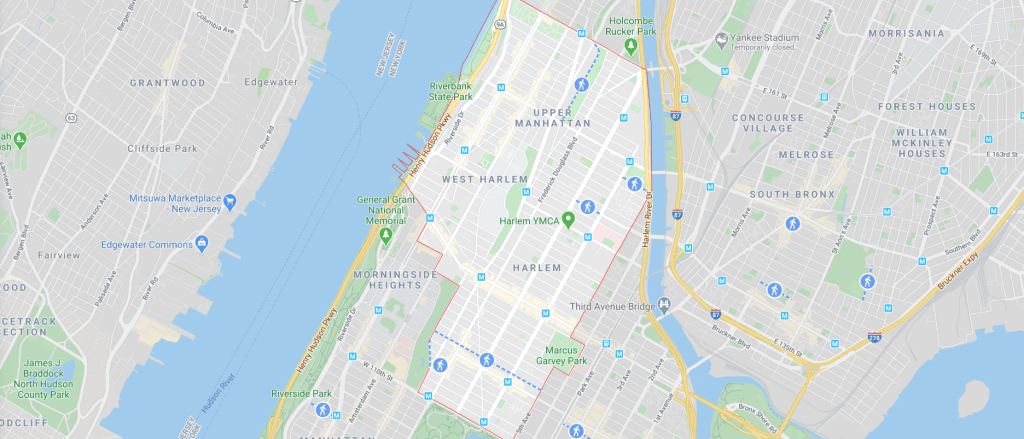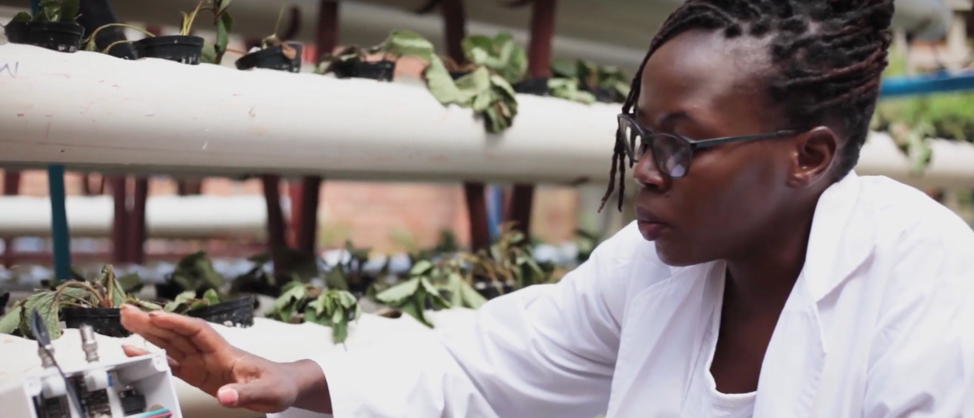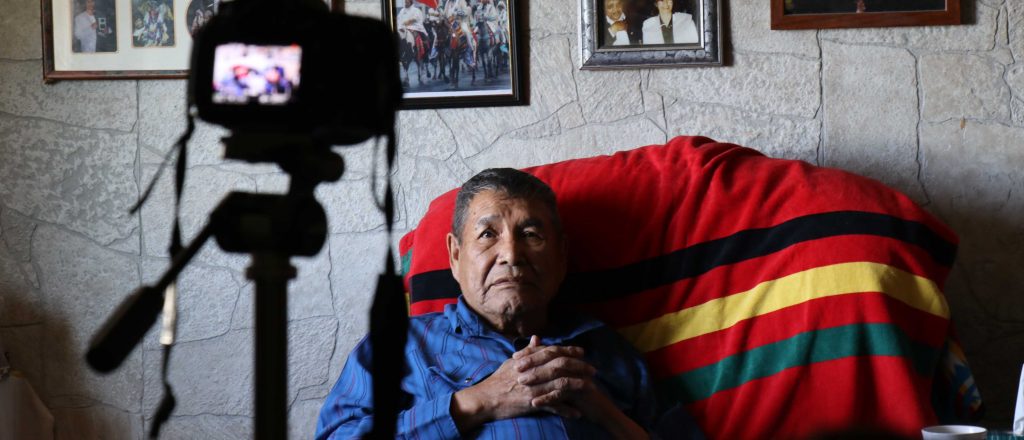Report Reveals Safety Risks to Students in Technology Used by U.S. Educational Institutions: “Children are among the most vulnerable citizens”
Ensuring the safety and privacy of children and families is of utmost importance, particularly in educational settings where technology has…
Making the Internet More Inclusive for Non-English Users: An Interview with Pollicy, a Research Program Grantee
In a world where a few dominant languages often overshadow others, the Internet Society Foundation’s Research Grant Program supports projects…
An Internet for everyone: empowering persons with disabilities through accessibility
Although website accessibility was a core principle in the use and development of the Internet, most websites are far from being accessible to everyone. In response, the project “Enhancing the barrier-free Internet through blind people empowerment”, aims to address this issue.
Course guides Brazilian community networks on how to get legal recognition
Brazil is known for its complex bureaucracy and misunderstandings or attempts to avoid it have left many community networks operating irregularly or even illegally. As a result, many fear getting classified as ‘clandestine telecommunications services’, which can bring fines of $10,000 reais (USD $1,790) or imprisonment of two to four years.
Three new community networks are helping safeguard communities in rural Brazil
On the fringes of the Amazon in northeastern Brazil, many communities live in fear of attacks by invaders who slash and burn forest to make way for illegal mining, cattle and soy plantations. This is also one of the country’s poorest regions and the low potential profits have left most communities without Internet access.
Haiti’s ISOC Chapter pushes for community networks with two grants from the Internet Society Foundation
Like many Haitian youth, Obed Sindy first accessed the Internet in a high school computer lab. In Haiti, the Internet is still considered a luxury, with just 32% of the population using it in 2018.
COVID-19 focus: Three projects helping communities deal with pandemic-fuelled change
To help individuals and communities grapple with the impacts of COVID-19, the Internet Society Foundation recently awarded Beyond the Net Small grants and several projects focus on addressing challenges that have emerged in light of the pandemic: work, schooling and access to reliable health information.
In coronavirus-hit Harlem, community streaming gives residents a virtual lifeline
When COVID-19 hit New York City, the Streaming Station Community News Project was barely getting started, after receiving an Internet Society Foundation Beyond the Net grant for close to $30,000 in December 2019.
Tackling Zimbabwe’s urban food insecurity through the Internet of Things
After decades of steady decline, world hunger is on the rise. An estimated 821 million people in the world suffered…
Students Use Technology to Preserve Piikani Culture and Language
There are an estimated 6,000 languages spoken globally, but according to the United Nations nearly half are endangered Only a few hundred have been given a place in education systems and the public domain. Less than a hundred languages are used in the digital world.
After centuries of colonization and discrimination, Indigenous languages face the greatest threats.





